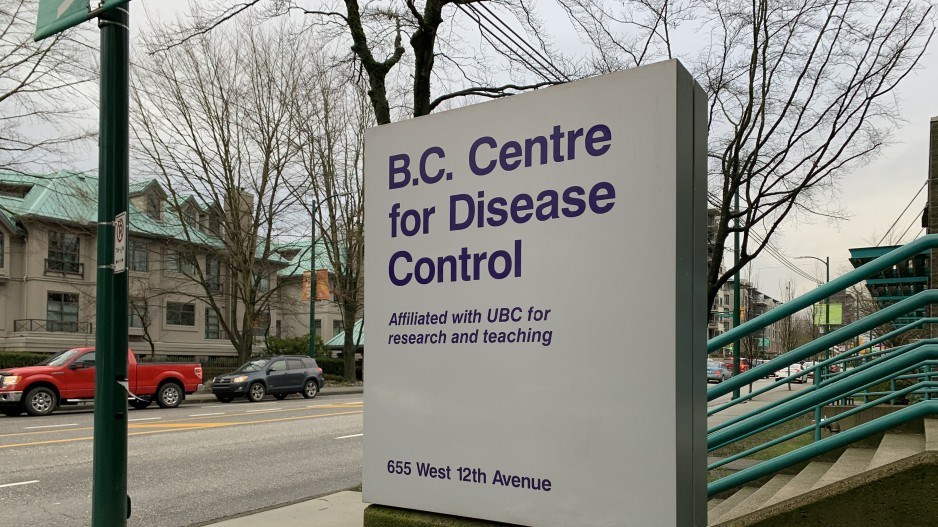The number of people in B.C. who have tested positive for the novel coronavirus 2019-nCoV doubled on February 6, with health officials announcing that two new cases have been identified.
The BC Centre for Disease Control confirmed the two new cases and samples are on the way to a federal lab in Winnipeg to confirm the results. Until the federal lab confirms the cases, they are considered "presumptive" cases.
The two new patients are a man and a woman who are both in their 30s, and from the Wuhan area of China, which is the epicentre of the disease that has so far killed 565 people and infected 28,353 people. More than 99% of all reported cases of the disease are in China.
The two newly identified cases in B.C. are family members of the woman in her 50s who tested positive for the disease earlier this week, provincial health officer Bonnie Henry said at a press conference.
Health officials believe that one of the two new patients is the source of the infection within the household.
The woman and the two newly identified carriers of the virus are in isolation in one household. A man in his forties who was first in the province to test positive for the disease, and who had travelled to Wuhan, is in a separate household. All are in the Vancouver Coastal Health region, which includes Vancouver, Richmond, the North Shore, the Sea-to-Sky corridor, Sunshine Coast, Powell River, Bella Bella and Bella Coola.
The province on January 31 released its first weekly update for the number of tests that the BC Centre for Disease Control has conducted, and said that 114 tests had been conducted. Some people were tested more than once, so the total number of people who have been tested is less than that.
The World Health Organization on January 30 declared the outbreak a global health emergency but advised nations not to close borders to those who have recently visited China. Many nations, including the U.S., Australia and New Zealand, ignored that advice and have closed their borders. Even the Chinese special administrative region Hong Kong has effectively closed its borders with mainland China, with anyone who does get through required to be in quarantine for 14 days.
Health Minister Patty Hadju said Canada would not follow suit. At a February 3 press conference she said "by closing down the borders, it's much harder to detect where someone is coming from." She added that the current process allows more "open and honest" interactions with passengers, as well as more detailed screening.
The Public Health Agency of Canada (PHAC) has put up signage at Vancouver International Airport to educate travellers, and is asking travellers at customs-kiosk machines whether they have been to Wuhan, China. If they respond that they have, Customs and border security officers ask them if they feel ill and rely on the traveller to be honest.
PHAC has not provided temperature-screening devices to Vancouver Airport Authority officials as the government did during the 2003 SARS outbreak. That outbreak killed 774 people and infected 8,098 people in the first half of 2003 and had an effect on the Vancouver, and Canadian economy.
Air Canada has halted all flights to mainland China and tourism officials are concerned that the outbreak will prompt travellers to stay home.




